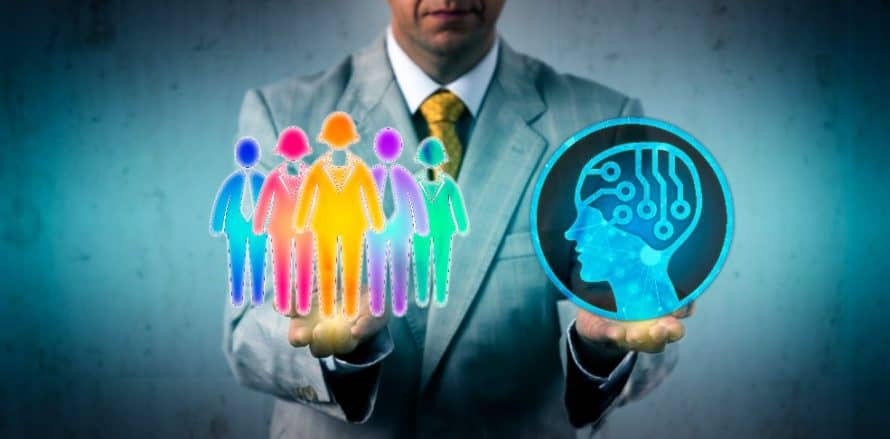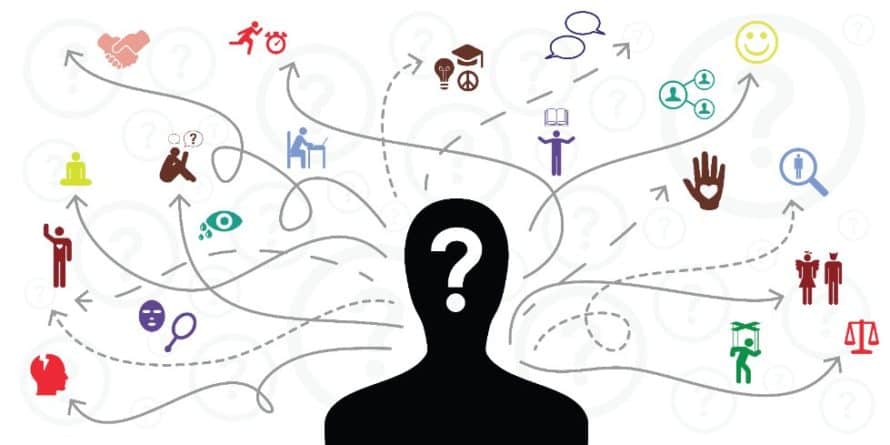The Complexities of Social Learning and Culture Change

An influential theme that has emerged in organisational practice over the last few years is the idea of culture change. At one level, the idea seems both logical and fairly simple. The culture of an organisation underpins many of the behaviours, routines, thinking and outcomes that occur in an organisation. If those behaviours, attitudes, values and reactions of the individuals, managers and teams are not producing the outcomes desired, then change the culture.
Organisational culture change
Organisational culture change has become big business in the organisational development and design space. Whilst there are many theories, models and processes which claim to achieve culture change, there is a fundamental question which needs to be answered about culture change initiatives. And that is, do they take into account the layers of complexity involved in culture change?
…One of the principal substructures of any culture is the concept of social learning.
Social Learning
Social learning is a natural learning process that occurs to each of us as we observe, imitate and model the behaviours, attitudes and emotional reactions of others in our social space. The term social learning developed from the psychologist Albert Bandura’s Social Learning Theory in the 1970s, when he noticed that children and adults largely learn through observation and imitation. In essence, it is self-experienced value-based learning.
Social learning plays a central role in the emergence of new cultures and how fashions of behaviour and thinking change and evolve over time.
However, there are many other factors that contribute to cultural evolution.
In order to understand how to shape and design an ideal work culture that supports productivity, innovation and the types of outcome we want we need to have a good understanding of how acculturation, cultural development and social learning occur.

Previous research
Previous research looking at social learning and cultural evolution have found that:
• Social learning often includes information gained from non-social sources, such as threat avoidance. The ability to learn through interaction and experience is a result of neural mechanisms and pathways that are specifically designed for general, unspecialised learning.
• Whilst many species demonstrate simple cumulative cultural evolution through social learning, only humans show such a high level of cultural complexity and diversity.
• Cumulative cultural evolution occurs among humans because we have high behavioural flexibility that allows us to stop established behaviours and replace them with more efficient, beneficial ones.
• Cultural background has been found to determine the extent to which people in a society depend on social learning and socially transmitted information, as opposed to more formal learning, such as school or the news.
• Social transmission of complex knowledge has been found to be faster and easier when more experienced / knowledgeable people are participating in the exchange.
A new study
A new study by researchers from the Institute for Advanced Study, the Université Fédérale de Toulouse and the Centre National de la Recherche Scientifique in France, Brunel University, the University of Stirling and Heriot-Watt University in the UK, the University of Amsterdam in the Netherlands, Central European University in Hungary, and KU Leuven, the University of Antwerp and the Royal Zoological Society in Belgium has looked at factors that contribute to social learning and cultural evolution to expand our understanding of how the processes occur.

Findings
The study found that there are three key aspects to cultural evolution in any context:
- The development of the culture through social learning and the patterns of behaviour, attitudes, values and emotional responses to things that emerge.
- Cumulative cultural evolution, which occurs through innovation. When new patterns of behaviours or responses emerge or new technologies appear a cumulative effect occurs within the culture which is then adapted by the culture. This adaptation process causes the culture to change and evolve. Cumulative cultural evolution is based on the variability and difference between cultural members, exploration, learning speed and the need to adapt to external situations, etc.
- Cultural traits. Cultural traits include things which impact the development of a culture.
For example:
- How it learns.
- How it shares information.
- What symbols and language it uses.
- How integrated the culture and parts of the culture are.
- How dynamic the culture is, for example, is change rapid or slow? How quickly does the culture respond to change?
- The values of the culture.
- Its customs and habits.
- Its form of governance and laws.
- What it strives for (money, freedom, control, etc.).
Within this cultural evolution framework there are three primary factors which define how a culture will develop:
- Neural factors
- Cognitive-behavioural factors
- Populational factors
These are hierarchical in nature, in that populational factors are dependent on the cognitive-behavioural factors, which are in turn both dependent on the neural or psychological factors of the individual.

Neural factors
Neural, mental processes that support learning and the retention of information play a large role in social learning and cultural evolution:
- Social perception and meaning-making at an individual and group level play a significant role in culture evaluation and development.
- Long-term memory is critical, not just for storing information in the brain, but how it stores it (interconnected pathways) and what meaning it ascribes to those memories and learning.
- The size of the human brain determines our ability to efficiently process information and remain flexible relative to different forms of learning.
- The way human brains work determines how we design and choose objects and practices that become cultural traits.
Cognitive-behavioural factors
Our mental systems and schema and the way we process information impact our behaviour, thinking and rationale. For example:
- Learned behaviour that is the result of rewards and punishments or failures cause individuals to favour certain actions over others.
- Innovative individual discoveries are based on the way the individual thinks and constructs their knowledge. Such innovations often have a direct and cumulative impact on cultural development.
- Our forms and patterns of communication are underpinned by our thinking and perceptions. Communication (both what is communicated and how it is communicated) is a key contributor to the development and direction of a culture, and what is ignored.
- The cultural traits are often represented by our goals and desired outcomes. Our mental systems and processes analyse each cultural trait (object, practice, or belief) and choose the best-suited ones for our goals that become integrated into a culture.
Populational factors
The size of a population and how frequently people interact impacts how culture emerges and evolves and how often social learning occurs.
- Less interaction between more remote people tends to mean there will be slower cultural evolution. People living in stable groups that consistently engage with one another tend to promote greater level of cultural evolution.
- Population size and population renewal from new members determines how much cultural information is passed on. If fewer people enter than leave the culture then parts of the original culture tend to die off.
- The intensity of competition for resources between groups can also determine how social networks are structured and how much cultural information is passed from one group to another.
- Leaders often tend to choose the group rules and cultural traits that directly benefit them. This has a significant impact on the collective cultural traits of the entire population.
Social learning fuels cultural evolution and change. The interaction between the various elements of cultural evolution is complex. As a result of the complexity involved it is often close to impossible with cultural change programmes to predict what actions will lead to what outcomes. Unintended emergent properties (both desirable and damaging) are likely to appear during the process. Predictions of the outcomes of culture change initiatives are notoriously variable, due to the inherent complexity.

Reference
A New Study On The Role Organisational Culture Plays In Creating A Knowledge Culture
Be impressively well informed

Get the very latest research intelligence briefings, video research briefings, infographics and more sent direct to you as they are published
Be the most impressively well-informed and up-to-date person around...
